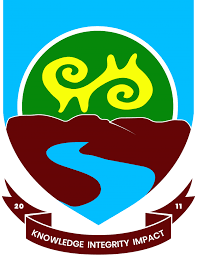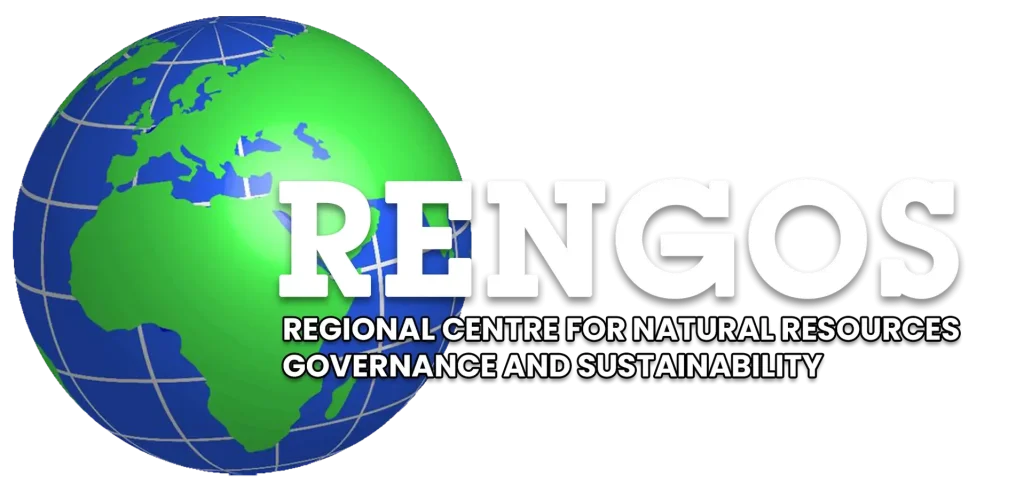REGIONAL CENTRE FOR NATURAL RESOURCES GOVERNANCE AND SUSTAINABILITY
university of energy and natural resources
working for solutions for the myriad natural resources governance and sustainability issues in Africa.
VISION
The Vision of RENGOS is “to be a leading internationally accredited Centre of Excellence in the area of natural resources governance and sustainability.
MISSION
Our mission is to provide solution-oriented cutting-edge interdisciplinary research and services. RENGOS also aims through training and community engagements, consulting, professional development, partnership with international affiliate institutions and securing grants and donor funding, to enhance the lives of students, community members, industry and society.
Natural resources are materials from the earth that are used to support life and meet people’s needs. Any natural substance that humans use can be considered a natural resource. Oil, coal, natural gas, forest, water, soil, air etc. are examples of natural resources. Renewable resources (e.g. trees, water, sun, wind etc.) and nonrenewable resources (e.g. fossil fuels like oil and natural gas) all require a great deal of governance to ensure that they sustainably meet the needs of the present generation and the generations yet to come. Policies, institutions, interventions etc. must factor in the multifaceted interest and stake of all stakeholders to chart a path of sustainable use.
Governance of natural resources comes with its unique challenges since both the natural environment and human societies are characterized by uncertainties, competing interests, complex dynamics and natural variations (Berkes et al., 2003). Most environmental challenges are complex which innovative policy and institutional responses need to address (Lockwood et al, 2010). The complexity of natural resources issues presents multiple problem causes, divergent problem perspectives and solution strategies, and fragmented institutional settings (Lockwood et al, 2010).
Governance is about how and by whom decisions are made and upheld. Natural resource governance refers to the norms, institutions, structures and processes that determine how power and responsibilities over natural resources are exercised, how decisions are taken, and how citizens- including indigenous people, local communities, people of all genders, and others participate in and benefit from the management of natural resources (IUCN, 2024).
The effectiveness and equity of natural resource governance processes critically determine both the extent to which ecosystems contribute to human wellbeing and the long-term prospects for sustainable conservation of nature. Securing rights and sharing power, responsibilities and operational resources required to strengthen natural resources governance benefits both people and biodiversity. Governance is, therefore, a foundation for a just world that values and conserves nature and contributes to the achievement of global sustainable development goals (IUCN, 2024).
The Sustainable Development Goals (SDGs) were adopted in September 2015 by world leaders to span 15 years and envision nothing less than saving our planet for future generations. Among other things, it seeks to end extreme poverty and hunger (Goal 2) and create a healthier, safer, and more inclusive world (Goals 5, 6, 9, 11, and 16). SDG 12 calls for the sustainable production and consumption of goods and services. SDG target 12.2 targeted at achieving sustainable management and efficient use of natural resources by 2030.
RENGOS is therefore strategically positioned to broker change, initiative, and sustainable service delivery in and around natural resource governance and sustainability with a focus on the African sub-region
- Integrity
- Service
- Collaboration
- Productivity
- Sustainability
- Build and sustain strong partnerships with industry and other key stakeholders
- Churn out relevant scientific information related to natural resources governance and sustainability
- Attract and host international researchers in and around the RENGOS mandate
- Empower resource-dependent communities to ensure sustainable resource management
- Maintain and enhance world-class teaching, research and scholarship.
- Ensure the financial sustainability of RENGOS
- Recruit, nurture and retain a diverse staff and faculty that support RENGOS’ mandate
Our Team
Board of Advisors
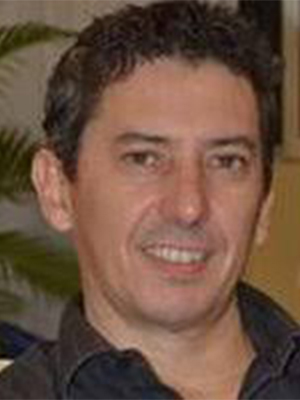
Dr. Philippe MERAL (Research Professor)
IRD SENS, University Of Montpellier Valery 3, Montpellier, France
Director , UMR SENS
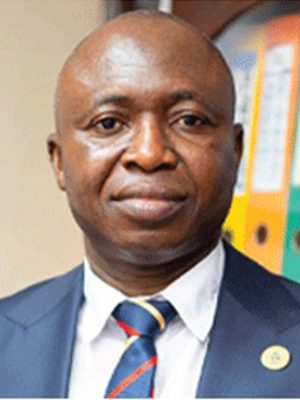
Prof. Elvis Asare-Bediako
University of Energy and Natural Resources, Ghana
Vice-Chancellor
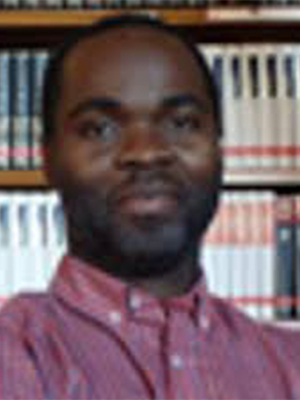
Dr. Symphorien Ongolo
IRD-SENS
University of Montpellier Paul-Valery 3, Montpellier
France
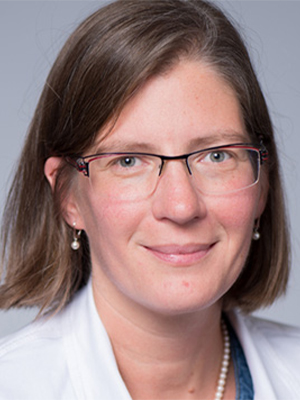
Prof. Dr. Gretchen WALTERS
Institute of Geography and Sustainability (IGD)
University of Lausanne (UNIL)
Switzerland

Prof. Dr. Catherine TUCKER
Center for Latin American Studies
Department of Anthropology
University of Florida
USA
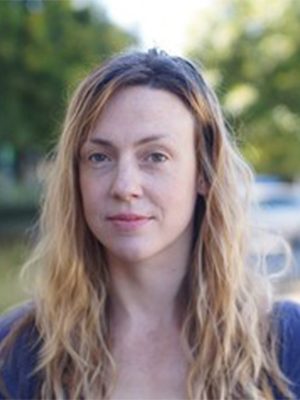
Prof. Dr. Annah Lake Zhu
Wageningen University
Netherlands
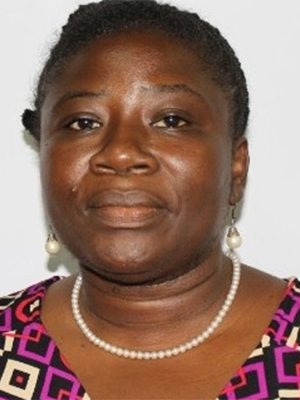
Prof. Dr. Mercy Afua Adutwumwaa DERKYI
Department of Forest Science
University of Energy and Natural Resources, Sunyani
Ghana
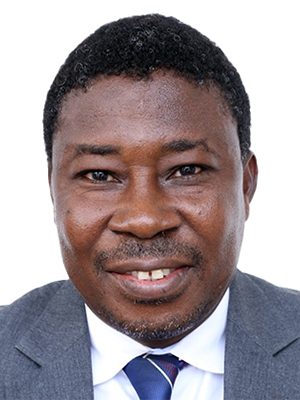
Prof. Dr. Justice Nyigma BAWOLE
Business School
University of Ghana
Ghana
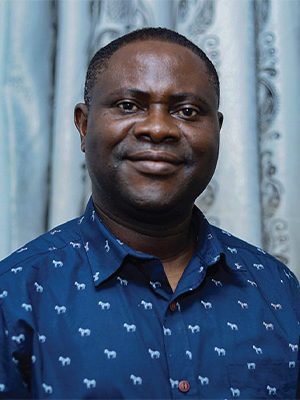
Prof. Dr. Daniel Akoto SARFO
Department of Forest Science
University of Energy and Natural Resources, Sunyani
Ghana
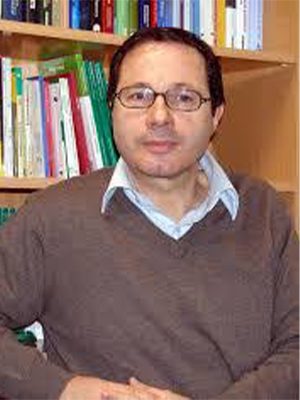
Dr. Alain KARSENTY
(Research Professor)
CIRAD, Montpellier
France
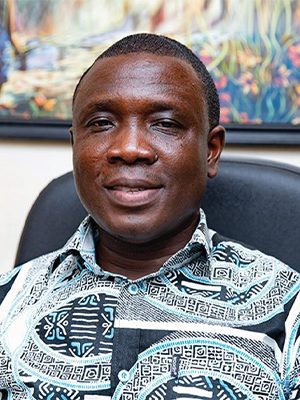
Prof. Dr. Berchie Asiedu
Department of Fisheries and Aquaculture
University of Energy and Natural Resources
Ghana
Leadership of RENGOS
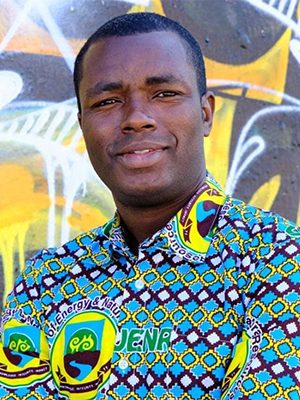
Dr. Anthony BAIDOO
Ag. Director/Head
University of Energy and Natural Resources, Sunyani-Ghana
Associate Researcher, IRD-SENS,
France
IUCN Commission on Environmentalm Economic and Social Policy (CEESP)
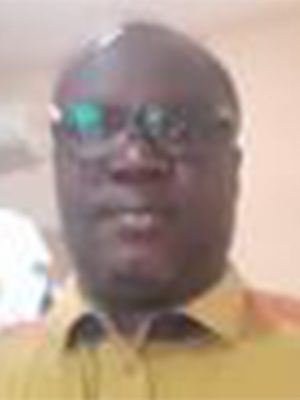
Dr. Samuel KUMI
Ag. Deputy Director/Assistant Head
University of Energy and Natural Resources, Sunyani.
Ghana
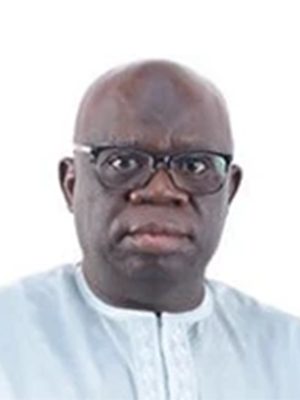
Dr. Abdulai Darimani
Head, Strategic Engagement
University of Energy and Natural Resources, Sunyani-Ghana
Head-Strategic Engagement,
Ghana
Country Representatives
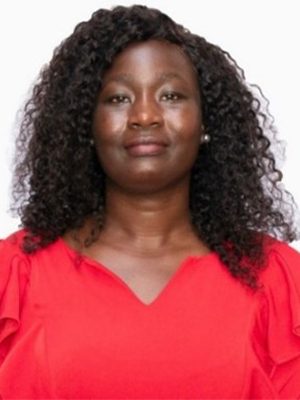
Ms. Emma ODERA
Centre for Training and Integrated Research in ASAL Development (CETRAD)
Kenya
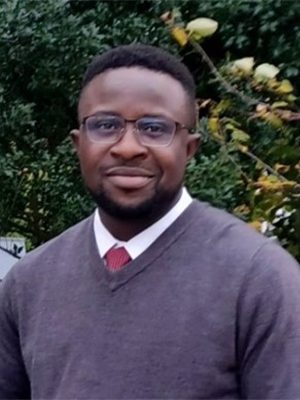
Dr. Eberechukwu Johnpaul IHEMEZIE
Department of Agricultural Economics, University of Nigeria, Nsukka
Aberystwyth Business School, Aberystwyth
University, Wales
Nigeria
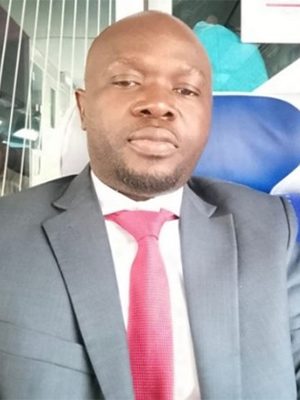
Dr. Eliezer MAJAMBU MUDIBU
Official University of Mbujimayi, Democratic Republic of Congo (DRC)
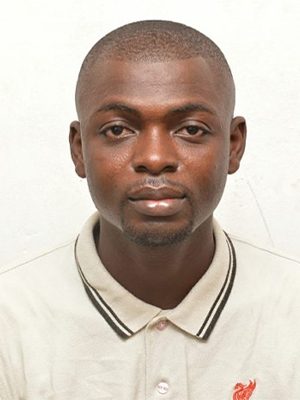
Ame Mensah Espère HOUNGO
Higher Institute of Agricultural Professions at the University of Kara (ISMA-UK), Togo
Togo
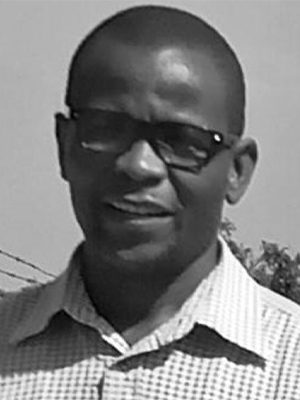
Dr. Gimbage MBEYALE
Sokoine University of Agriculture, Tanzania
Tanzania
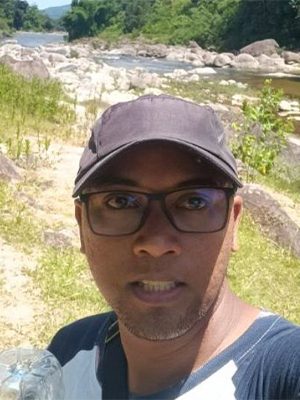
Herizo ANDRIAMBOLOLONA
Université d’Antananarivo
Madagascar
RENGOS Organogram

Strategic Partners
